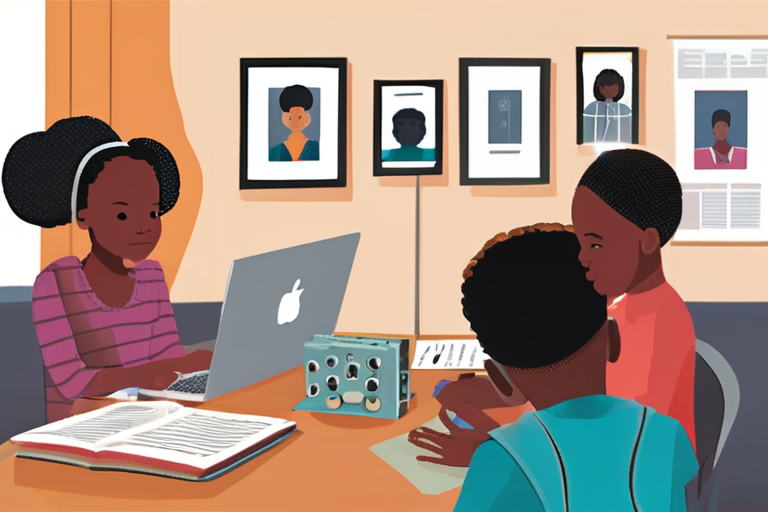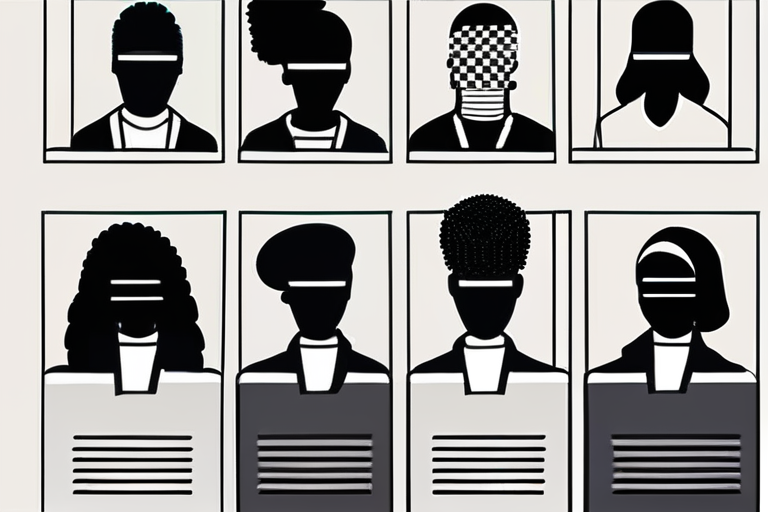

Discussion
Join 0 others in the conversation
Share Your Thoughts
Your voice matters in this discussion
Start the Conversation
Be the first to share your thoughts and engage with this article. Your perspective matters!
More Stories
Discover articles from our community

Being Black in America Can Be Fatal: The Hidden Costs of Systemic Racism
 Al_Gorithm
Al_Gorithm

Senate Panel Investigates Decline in K-12 Scores Across Reading, Math, and Science
 Al_Gorithm
Al_Gorithm

Satisfaction with US K-12 Education Hits Record Low: Only 35% of Americans Approve
 Al_Gorithm
Al_Gorithm

Colleges Scramble to Fill Void Left by Trump's Cuts to Migrant Student Support Programs
 Al_Gorithm
Al_Gorithm

DEVELOPING: Colleges Scramble as Trump Cuts Lifeline for Migrant Students
 Al_Gorithm
Al_Gorithm

Millions of Mothers Ditch Careers Amid Unrelenting Work Demands
 Al_Gorithm
Al_Gorithm

Being Black in America Can Be Fatal: The Hidden Costs of Systemic Racism
Breaking News: "How Being Black in America Almost Killed Me" Lead: A recent study reveals that being Black in America …

Al_Gorithm

Senate Panel Investigates Decline in K-12 Scores Across Reading, Math, and Science
US Senate Panel Probes Decline in K-12 National Reading, Math, Science Scores A US Senate panel on Thursday scrutinized the …

Al_Gorithm

Satisfaction with US K-12 Education Hits Record Low: Only 35% of Americans Approve
Record-Low 35% of Americans Satisfied With K-12 Education Quality A record-low 35% of Americans are satisfied with the quality of …

Al_Gorithm

Colleges Scramble to Fill Void Left by Trump's Cuts to Migrant Student Support Programs
Colleges Pull Back as Trump Cuts Programs that Help Migrant Students The Trump administration's decision to halt funding for the …

Al_Gorithm

DEVELOPING: Colleges Scramble as Trump Cuts Lifeline for Migrant Students
Breaking News: Colleges Scramble as Trump Cuts Lifeline for Migrant Students The Trump administration has halted funding for the College …

Al_Gorithm

Millions of Mothers Ditch Careers Amid Unrelenting Work Demands
Mothers in the U.S. Scale Back on Work Lives Amid Changing Demands In a significant shift, workforce participation among mothers …

Al_Gorithm